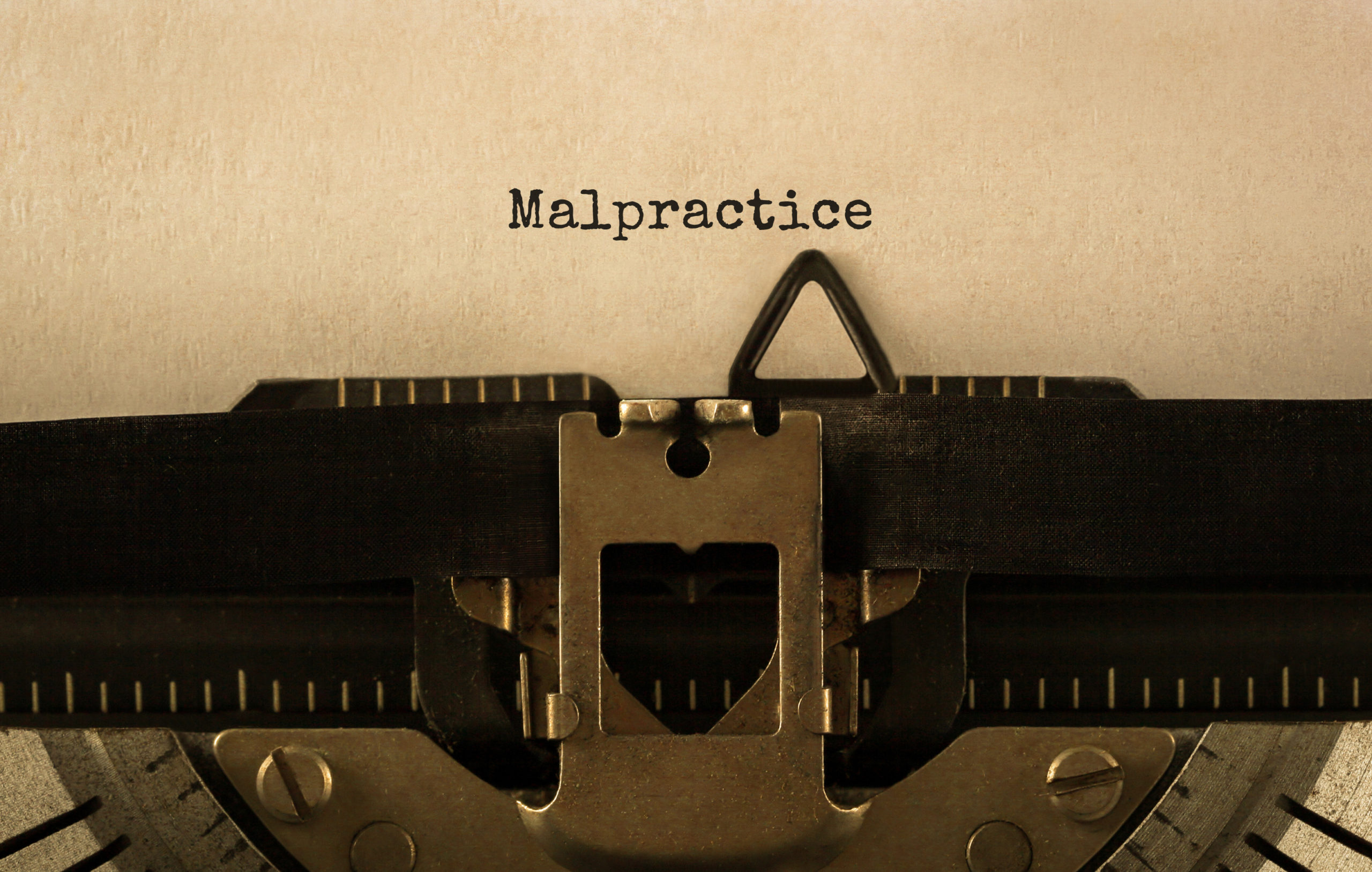Making fun of surgeons on television is about as much as an American pastime as baseball and apple pie. Some of the jokes poke fun at actors playing surgeons that close a wound with a medical device or instrument inside of it. Even Ray Barone of Everyone Loves Raymond fame jokes about leaving his keys inside of brother Robert’s gaping wound.
Although humor is alive and well in the operating room on television shows, it is not funny at all in the real world. In fact, surgical errors can cause serious damage to a patient, even life-threatening damage.
Surgeons often say there is nothing minor about performing surgeries, and they’re right. Even a minor surgical procedure can lead to major complications such as infections and tainted blood. The last thing you wanted to hear is your surgeon committed an error that made a medical problem worse. Do you have a strong enough case to file a medical malpractice lawsuit?
Let’s find out.
Overview of Medical Malpractice and Surgical Error
A surgical error does not mean the healthcare provider is legally liable for medical malpractice. However, if the medical care provided does not meet the criteria for the standard of care for a certain procedure, then a patient might have enough to file a civil lawsuit for medical negligence.

If the substandard care caused harm to a patient, then there is a good chance that a judge and a jury will hear the patient’s case.
Surgical error is simply a preventable medical error made during surgery. Although all surgeries involve some degree of risk, making an error during surgery can be considered a form of medical malpractice. Because of the inherent risks associated with surgeries, many healthcare providers ask their patients to sign a form that confirms the patients understand there are certain risks involved. The form is usually referred to as a consent form.
Why Surgical Errors Happen
Every surgical error has one or more unique characteristics, which means no two surgical errors are identical. However, several common surgical errors share many of the same attributes.
Incompetence
An inexperienced surgeon can make a blatant mistake because of a lack of knowledge. Surgeons develop their precise skills through repetition and an inexperienced surgeon can commit one or more surgical errors because of incompetence.
Inferior Communication
Surgeries are mostly team efforts that consist of several specialists. Poor communication in the operating room can lead to serious mistakes. One common type of poor communication is when a surgeon marks the wrong section of the body for surgery. Another example is miscommunicating the correct medication dosage for a patient.
Fatigue
It is not just the long hours of intense concentration. Surgeons, like other types of healthcare professionals, work a wide variety of shifts. It is common for surgeons to leave a hospital at 10 at night, grab four hours of sleep, and return to the same hospital at four in the morning because of an emergency call.
Fatigued surgeons are much more likely to commit surgical errors than well-rests surgeons.
Substance Abuse
Some surgeons try to soothe the incredible stress that they feel by turning to drugs and/or alcohol. Easy access to prescription drugs is another reason why substance abuse can be a problem in the operating room. Most hospitals and medical centers have testing programs to detect the presence of drugs after a surgeon commits an error in the operating room.
Negligence
There are several reasons why a surgeon neglects to follow the proper medical protocols. One of the most common reasons involves working too quickly, which is often the result of a backlog of cases in the emergency care section of a hospital or medical center. Surgeons that work too fast can forget to sterilize devices and equipment, as well as take costly shortcuts that trigger negative health consequences.
Poor Planning
Surgeons have to be properly prepared before entering an operating room to perform surgery. A lack of preoperative planning can lead to major errors that include failing to account for potential health complications. There also has to be an established coordinated effort planned out to ensure the healthcare workers inside an operating room are aware of their responsibilities.
A surgical error can leave its mark on a patient for the rest of the patient’s life. If you believe you are a victim of surgical error, contact an experienced medical malpractice lawyer to determine the best course of legal action.





